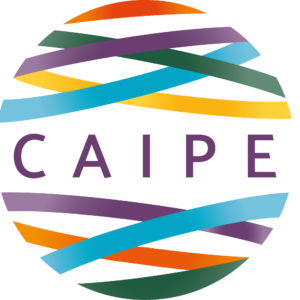WHO publishes Global Competency and Outcomes Framework for Universal Health Coverage
Progress towards universal health coverage (UHC) requires strong health systems and health workers who are educated and empowered to provide the health services that populations need.
Many of the enablers of quality in UHC are system-level elements: health care facilities; medicines, devices and other technologies; information systems; financing; and the health workforce. This framework focuses on the role of education and training of health workers to equip them with the competencies, knowledge, skills and attitudes to provide quality health care that is effective, efficient, equitable, inclusive, integrated, people centred, safe and timely, when working in a system of support, supervision and resources.
The goal of this Global Competency and Outcomes Framework for UHC is to advance improvements in health and progress towards UHC through aligning health worker education approaches with population health needs and health system demands. More specifically, the primary objective of this document is to provide guidance for the specification of pre-service and in-service competency-based education outcomes for health workers, which in turn inform the development of relevant curricula, learning activities and assessment approaches. In addition, the outcomes can also inform related licensing and accreditation mechanisms and promote good practices by managers and individual health workers. Accordingly, its main target audience is health workforce educators, but it can be of relevance also for licensing and regulatory authorities and health service and facility managers.
Competency-based education (CBE) is an outcomes-based approach that situates the knowledge and skills gained in the context of practice and the health services provided, thus emphasizing the mastery of learning to the required performance standard. The action-oriented principles of CBE are associated with better preparedness for practice, learner engagement and health worker performance, with the potential to improve health outcomes of the populations that health workers serve. The learner-centred approach within competency-based education, and the focus on outcomes achieved rather than the process or duration of learning, also offer the potential to promote equity and inclusion through education. A gender and equity lens in health worker education can have a long-lasting transformative effect on both employment and health outcomes.
Download “WHO-Global-Competency-and-Outcomes-Framework-for-Universal-Health-Coverage.pdf” WHO-Global-Competency-and-Outcomes-Framework-for-Universal-Health-Coverage.pdf – Downloaded 715 times – 3.77 MB